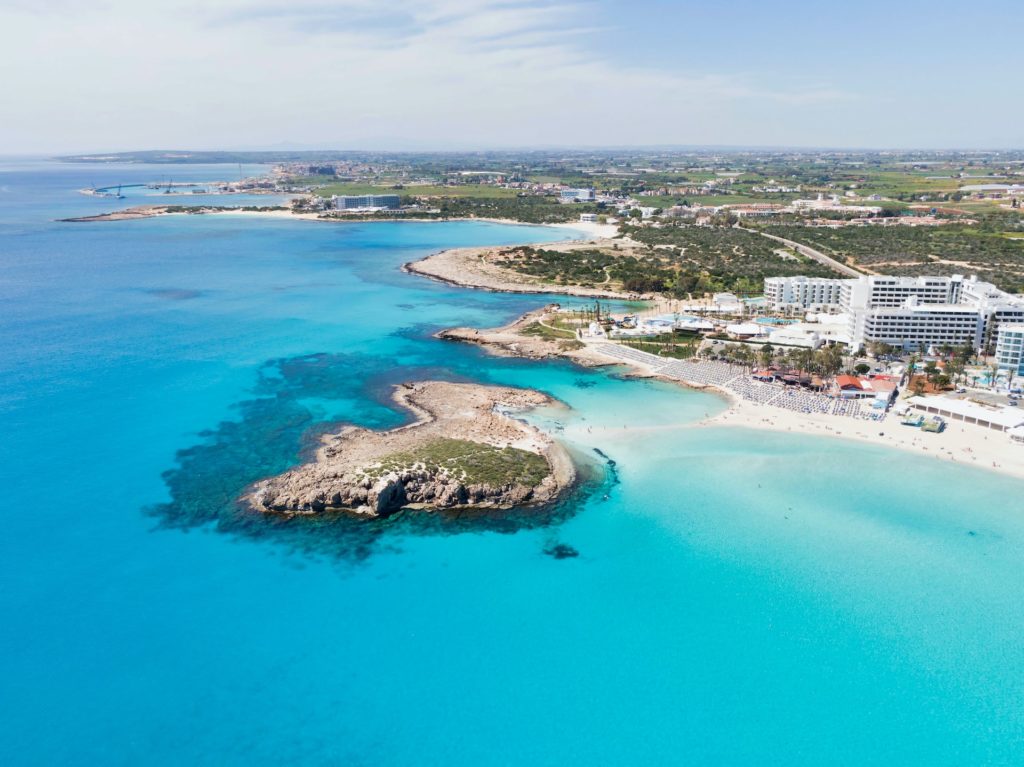Midway between Hawaii and Australia in the Pacific Ocean is the Polynesian island nation of Tuvalu. Its economy is restricted by its isolation and a dearth of economies of scale. Sales of stamps and coins, fishing licenses (primarily paid under the South Pacific Tuna Treaty), direct grants from foreign donors (government donors as well as the Asian Development Bank), income from the Tuvalu Trust Fund, and the lease of the country’s highly fortuitous.tv Top Level Domain (TLD) accounts for the majority of the government’s income (established in 1987 by the United Kingdom, Australia, and New Zealand).
The Tuvalu Trust Fund was created to support economic growth, fill budget gaps, and assist the country in achieving greater financial independence.
Tuvalu, which in the local tongue translates as “eight standing together”, refers to the British Crown-sponsored economic and political union of many Pacific reefs and six atolls.
Due to its extraordinary geographic isolation, the tourism sector, which typically provides the majority of the island nation’s income, is essentially nonexistent.
As a result, the unemployment rate is close to 17%, leaving only 3,000–4,000 people employed there overall. The US government, as well as payments from other rich nations, regularly fund Tuvalu’s fiscal deficit. Currently, Tuvalu is considered to be the Least Developed Country by the UN. For Tuvaluans, combating global warming ranks among their top priorities. On islands, the highest point is less than five meters above sea level. It makes Tuvalu one of the first locations on Earth to submerge entirely in around a century.

Tuvalu’s GDP
Tuvalu’s GDP is less than $40 million, therefore there are few opportunities to significantly raise local salaries, which are currently less than $200 per month. It has a population of just over ten thousand, a fundamentally flawed STEM educational system, and a remote location that virtually eliminates the availability of tech talent. Additionally, there are significant user accessibility limitations due to the Internet’s reliance on pricey satellite connections. The tech sector accounts for roughly 10% of Tuvalu’s GDP. These three reef islands, which have a combined area of 26 square kilometers and are situated in the middle of the Pacific Ocean, halfway between Japan and Australia, are not the best locations for a new digital business to get off the ground. Compared to some of the neighboring Pacific states, the local regulatory framework offers more legal stability for business owners because it is founded on British law. However, given the current economic, social, and demographic circumstances, the local startup ecosystem needs significant administrative support to thrive. In 2010, Tuvalu’s Gross Domestic Product was $31,350,804 and its Gross National Income was $4,760, according to World Bank statistics. 15% of adult male Tuvaluans working abroad in the maritime industry provide a significant percentage of the country’s income. These remittances, which were estimated to be worth $4 million in 2006, represent 10% of GDP on average.
Biological resources
The agriculture primarily consists of growing pulaka in sizable pits of composted dirt beneath the water table and cultivating coconut trees. Fishing and coconut palm copra subsistence farming continue to be the main economic activities.
It is regarded as a safe nation with pristine natural beauty and amiable citizens. However, a small number of tourists visit each year due to its isolation, the expense of getting to the island, and the country’s sparse aviation traffic. Government representatives, relief workers, NGO representatives, and consultants make up the majority of tourists in this country.
Fishing equipment
As a result, with 42% of the population engaged in fishing on some level, its economy is strongly dependent on fishing income. The output of coastal commercial fishing, coastal subsistence fishing, locally based offshore fishing, foreign-based offshore fishing, freshwater fishing, and aquaculture were all included in the US$43,773,582 (approx.) gross value of fisheries calculated by UN Data.
Businesses in the public sector
The National bank of Tuvalu, the Development Bank of Tuvalu, the Tuvalu Electricity Corporation, the Tuvalu Telecommunications Corporation, the Tuvalu Philatelic Bureau, the Tuvalu Maritime Training Institute, and the Vaiaku Lagi Hotel are examples of public sector businesses in Tuvalu. The National Bank of Tuvalu offers banking services.
Privately owned businesses
Private sector businesses are actively supported by the Tuvalu National Private Sector Organization, Tuvalu National Chamber of Commerce, and Tuvalu Business Center. An investor must have AUD$20,000 in startup money, a Tuvaluan partner, and pay an AUD$100 business registration fee to open a business in Tuvalu. Only seven foreign-owned companies were operating in Tuvalu as of 2010, most of them were created by Asian entrepreneurs in the retail and service sectors.







